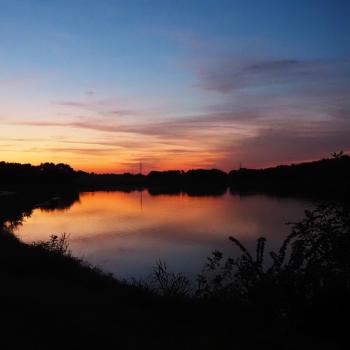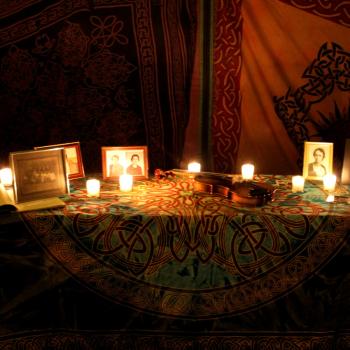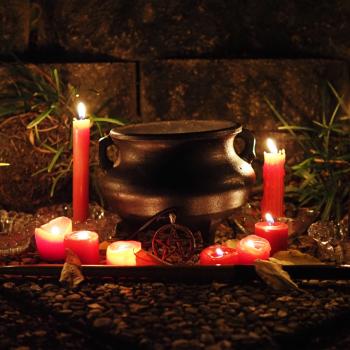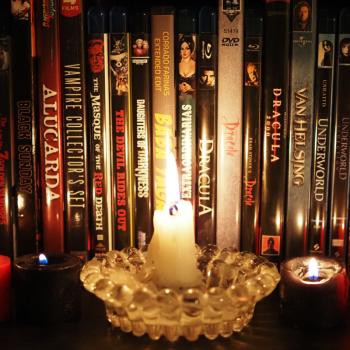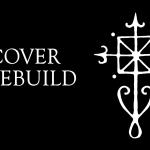One of the things I enjoy about the Olympics is seeing athletes in sports most people only watch once every four years. We get jaded watching millionaire players in the major TV sports and we miss the years of single-minded dedication that go into an attempt at reaching the Olympic games. Sport, at its best, shows us that we humans are capable of amazing feats. Sport teaches us lessons we can carry over to other areas of our lives.
Running is perhaps the most egalitarian of sports. You don’t need large teams, expensive courts or specialized equipment. All you need are a good pair of shoes and a place to run where you won’t be chased by dogs, bears or drug dealers. You don’t need extraordinary size or strength, and if you don’t have the raw speed to be a sprinter you can develop the endurance to be a distance runner.
You can call yourself a runner and run as little as 3 or 4 miles three times a week, at whatever pace you can maintain. That will burn some calories, develop some fitness, and let you compete in the occasional 5K race. Extend one of those weekly runs out a bit and you can do 10Ks or even longer events. Including stretching and cooldowns, running 10 to 20 miles a week will take two to five hours, something most all of us can fit into our schedules with a little planning.
If you want to run a marathon, it’s going to take more. I ran two marathons on a base of 28 miles a week and a peak of 43. That was good for about a 4-hour marathon – I was happy with that.
American marathoner Shalane Flanagan wrote on her blog that her training consists of 120 miles per week at an altitude of 7500 feet. Oxygen is thinner at high altitudes – training is harder but it helps you run faster and longer when racing at sea level. Flanagan finished 10th in last Sunday’s Olympic marathon in a time of 2 hours 25 minutes. The winner, Tiki Gelana of Ethiopia, ran 2:23:07. Winning next Sunday’s men’s marathon will probably take a time in the range of 2:06.
In order to run 120 miles a week, your life must consist of running, stretching and other treatment, eating, sleeping and not much else. You have to walk a knife-edge with training, knowing that the harder you train the better you’ll perform, but the more likely you’ll get injured. Slip up just a bit and someone else will take your place. 152 women ran in this year’s Olympic marathon trials – three made the team.
I could go on and on, but I think you get the picture. We admire the athletes’ beautiful bodies and fantastic deeds, but we rarely see the years and years of hard, painful training and the sacrifices that must be made just for the opportunity to train, with no guarantee of qualifying for an Olympics, much less winning a medal. You have to love the sport more than you love anything else in the world.
It’s the same in business or science or art or anything else. To be one of the best – not the best, but in that class – requires tremendous dedication and an unbelievable amount of hard work.
And it’s the same in religion and spirituality. Yesterday I reacted to Aidan Kelly’s description of the hard work required to become a spiritual adept, and my own feeling of being called to a deeper practice. I have resisted that call, in part because of the simple reason that it is hard. But I’ve also resisted because I don’t have a clear vision of exactly what I’m supposed to be and to do. I like plans and maps – I’m an engineer who wants to see the blueprints before I commit to building the bridge.
Life doesn’t always work that way – and the gods rarely do. The most I’ve ever been allowed to see is the next steps down the path. Want to know what’s on the other side of that hill? Climb it. Don’t want to commit to the climb without knowing whether there’s treasure or a bare field or a nest of dragons on the other side? Hope you like this valley – you’re going to be here a while.
But one of the advantages of being 50 is the knowledge that every time I’ve climbed the next hill, what’s been on the other side has been either good, or necessary, or both.
I know what I need to do. As Kelly stated in his essay, it starts with reading. Other people have climbed this hill. Not on this particular path, but their experiences can still be helpful. Reading brings on study, and learning something intellectually so I can let it ferment in my subconscious and see it mythically instead of just literally.
It means struggling with difficult concepts and writing blog posts you never see because when I edit them I realize they’re not done yet.
It means performing even more regular rituals to keep me connected to the gods and goddesses, to my ancestors, and to the spirits of Nature. They’re the ones who are calling me to this, and I’m going to need them to guide me along the way. It means meeting them in ecstatic practice, not for the thrill of it but for what can be learned no other way.
It means staying grounded through service. It means drawing on the expertise of the teachers in my life and not being hesitant to compensate them for their time.
It doesn’t mean giving up the trivial things I find pleasurable. It does mean not letting them keep me from my deeper work. If some of them get reduced (they will) or eliminated (they may) so be it.
And what if I do all this and I don’t become a Druid adept? What if there is no such thing as a Druid adept?
I ran two 4-hour marathons. That’s totally unremarkable – there were over a half million marathon finishers in the US in 2010. But it didn’t feel unremarkable to me. Nine years after the last one, it still feels pretty damn good. I don’t have the physical makeup for heavy training, as I learned from the injuries I got from the recreational level training I did. But I pushed my limits and I went farther than I ever thought I could.
I don’t have to become anything. I just have to do what I’m called to do and see where it takes me.
 |
| The start of the 2003 Dallas White Rock Marathon. I finished 1681 out of 3151. |







